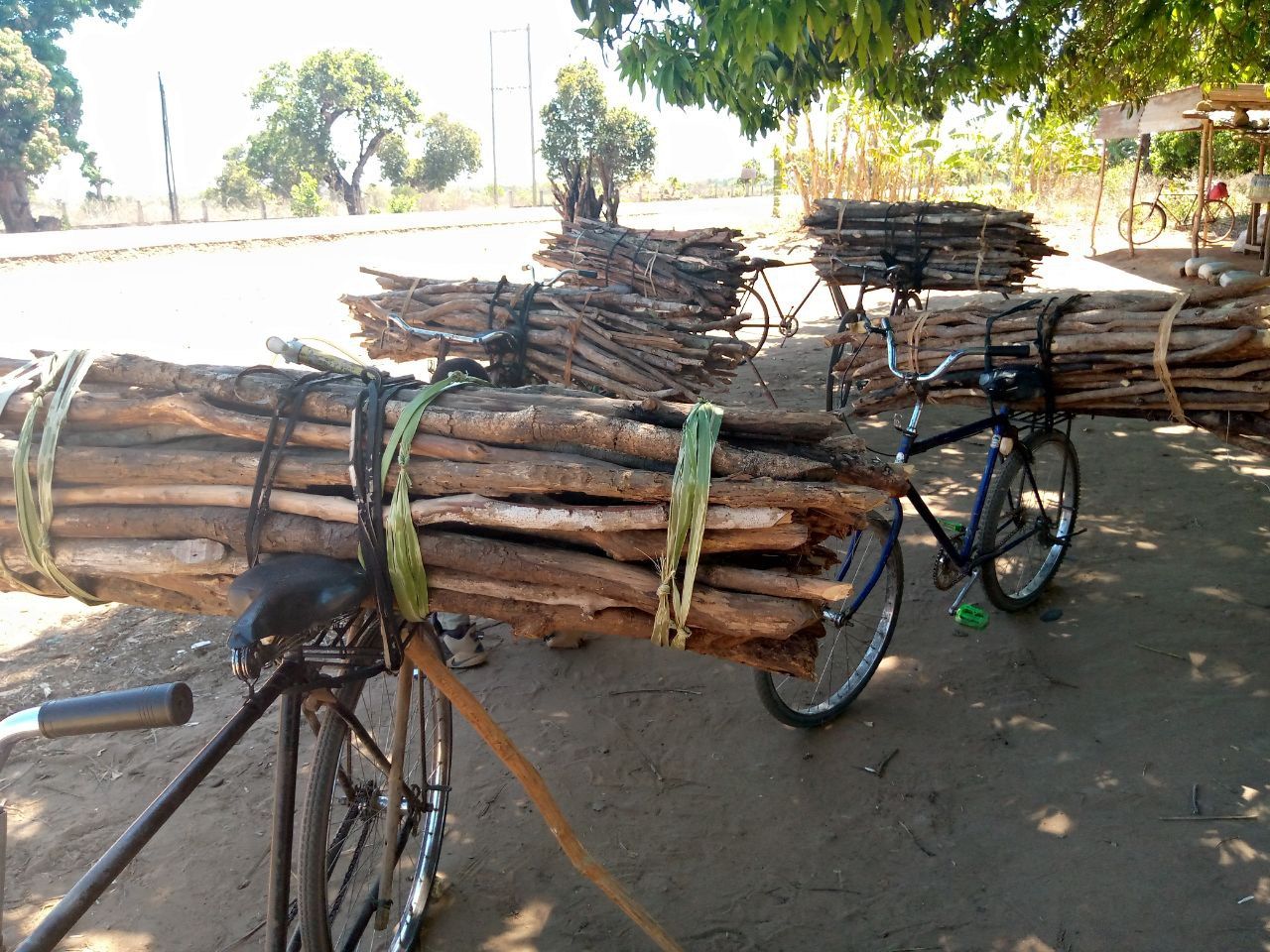Good afternoon. While the drama of Mozambique’s stolen local elections continues to play out on the streets and in the courts, a different legal question is facing the Administrative Court of Maputo City.
Last month we published an article reporting that traders were finally able to freely export pigeon peas from Mozambique to India (where the grain is a staple food in high demand) in unlimited amounts, after a government intervention. It seems now that that claim was too optimistic. As noted below, the Indian media have been reporting that pigeon peas have been piling up in warehouses in the ports of Beira and Nacala, waiting to be exported, even though the pulses can be imported into India without limit and without duty. The stockpile is understood to amount to 200,000 tonnes, nearly two-thirds what is forecast to be exported to India this year. With $200m of revenues at stake, pigeon peas are big business for exporters and smallholder farmers in Mozambique, as well as important for feeding ordinary Indians.
The latest from Zitamar News:

From the Zitamar Live Blog:


As previously reported, behind this farcical situation there are accusations of corruption for the benefit of ruling party Frelimo. Traders were previously fighting to overturn the imposition of an arbitrary quota on pigeon pea exports to India, which they alleged was designed to allow selected companies to take the majority of the quota in exchange for payments to Frelimo. Zitamar News previously also reported on links between one company, Royal Group, Frelimo and the local elections campaign. Exporters have reported being asked by Frelimo member of parliament and Central Committee member Faizal António to export through Royal, for a fee. It is known that the names of both António and Royal were mentioned in complaints made by pigeon pea traders to the Competition Regulatory Authority and the Justice Ombudsman’s office.
Although the government belatedly confirmed last month that there was no quota on pigeon pea exports, it seems that vested interests have not given up. A company called Mazua Comercial, which had previously sued to block free exports and failed, complained again to the Administrative Court, on the grounds that not all interested parties had been heard in the previous proceedings. Judges led by Orlanda Ussaca, the same judge who last month temporarily blocked the free export of pigeon peas, have once again halted the exports pending a response from Mozambique Customs. It is a bizarre ruling: the customs authorities have nothing to do with trade policy. It is reasonable to ask if the court has acted not on the merits of the complaint, but in the interests of, and in response to pressure from, Frelimo elites. According to incorporation documents, Mazua is administered by António.









